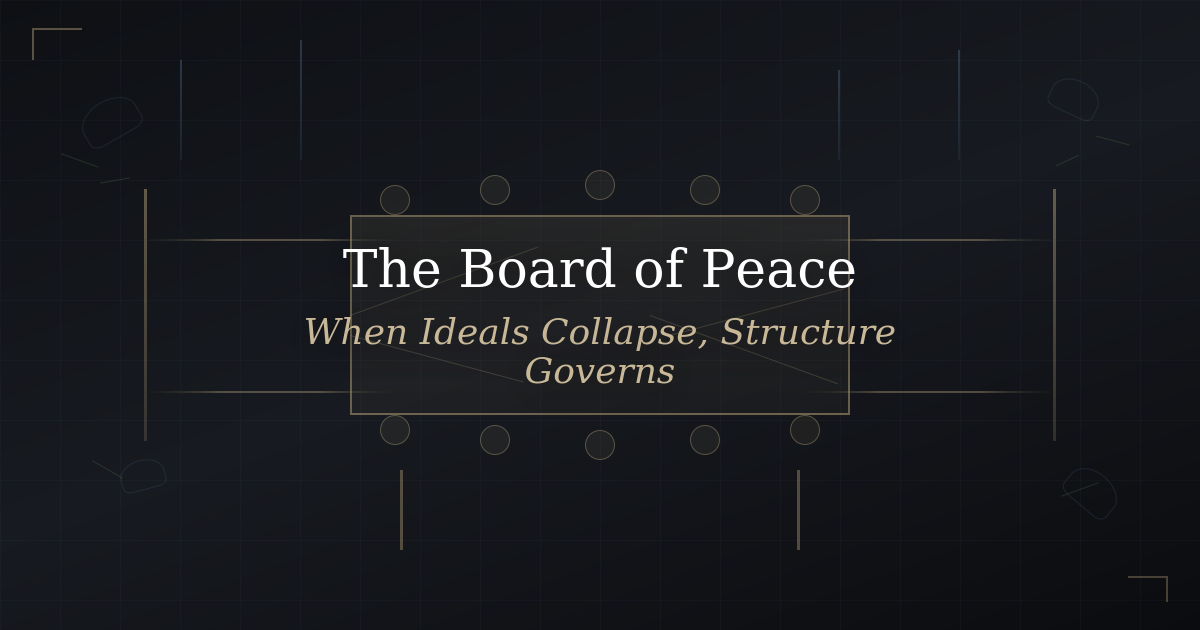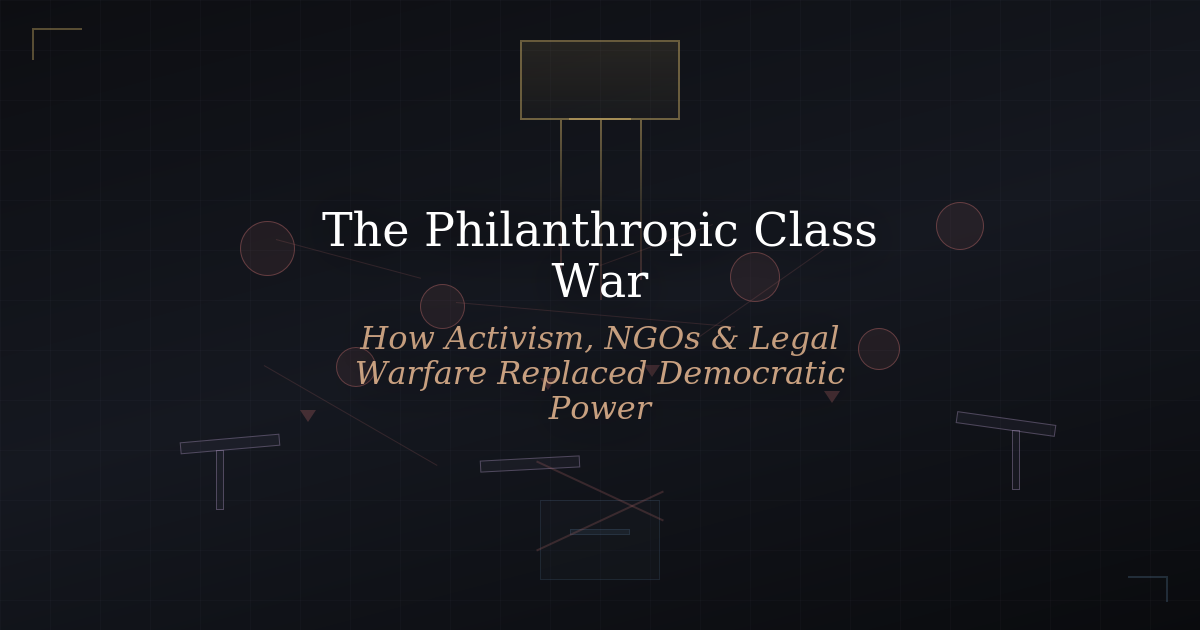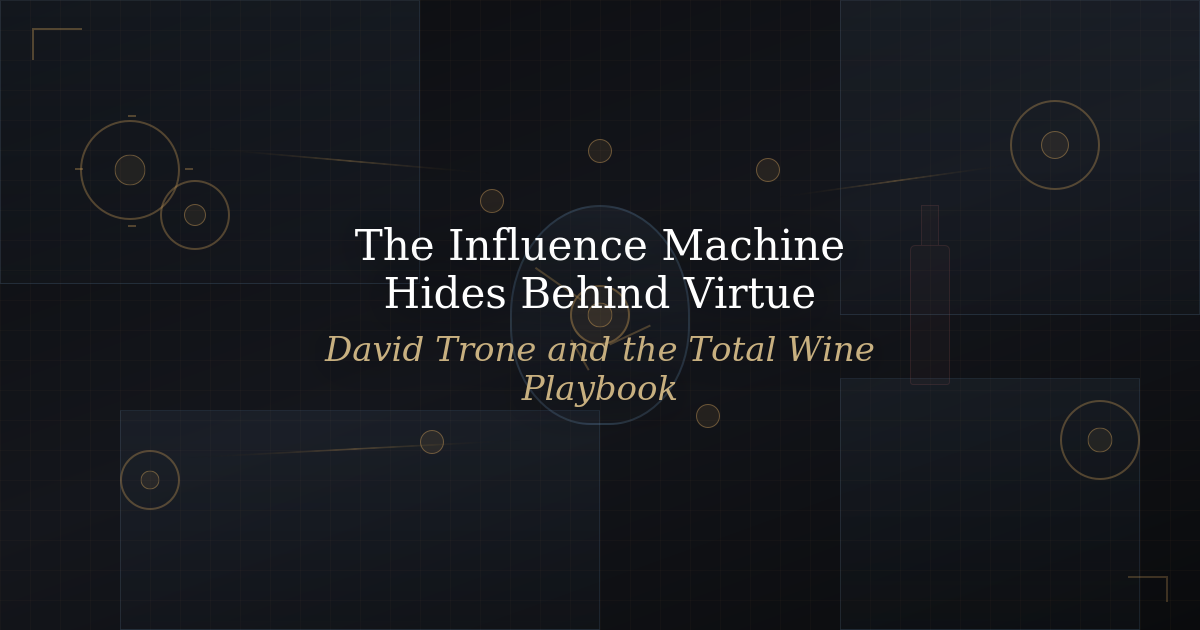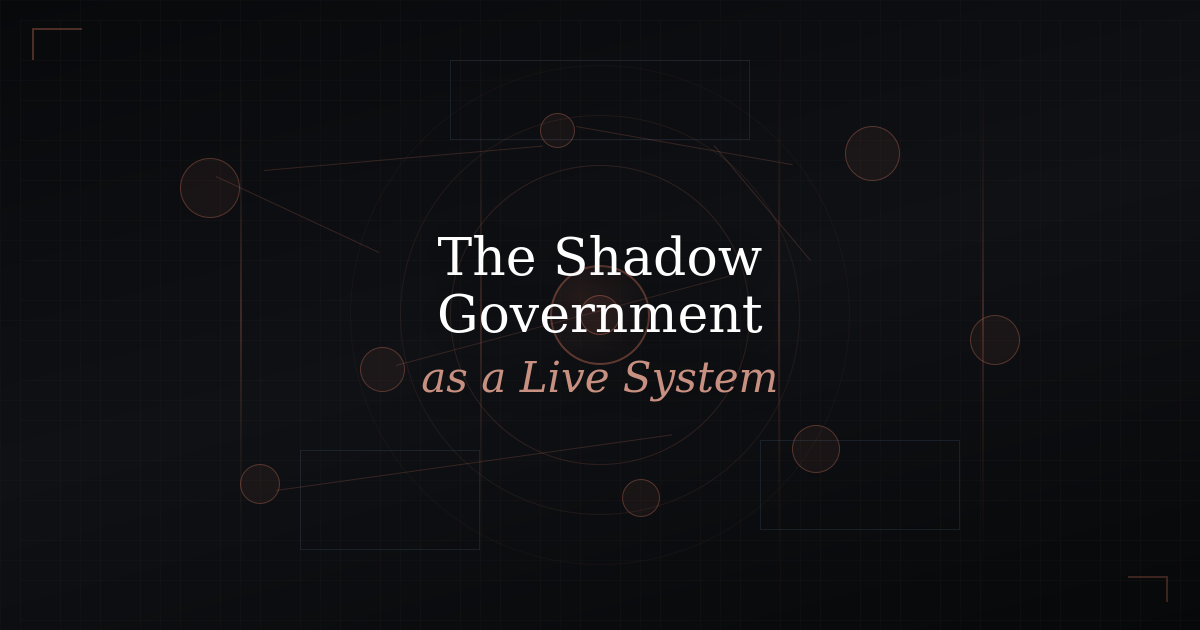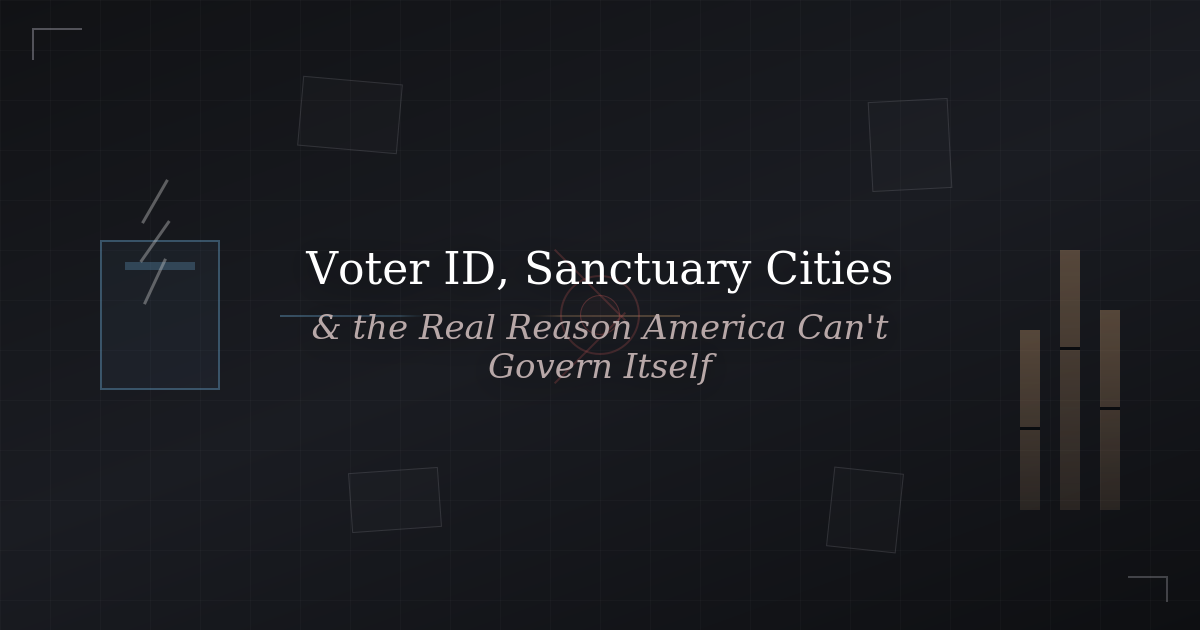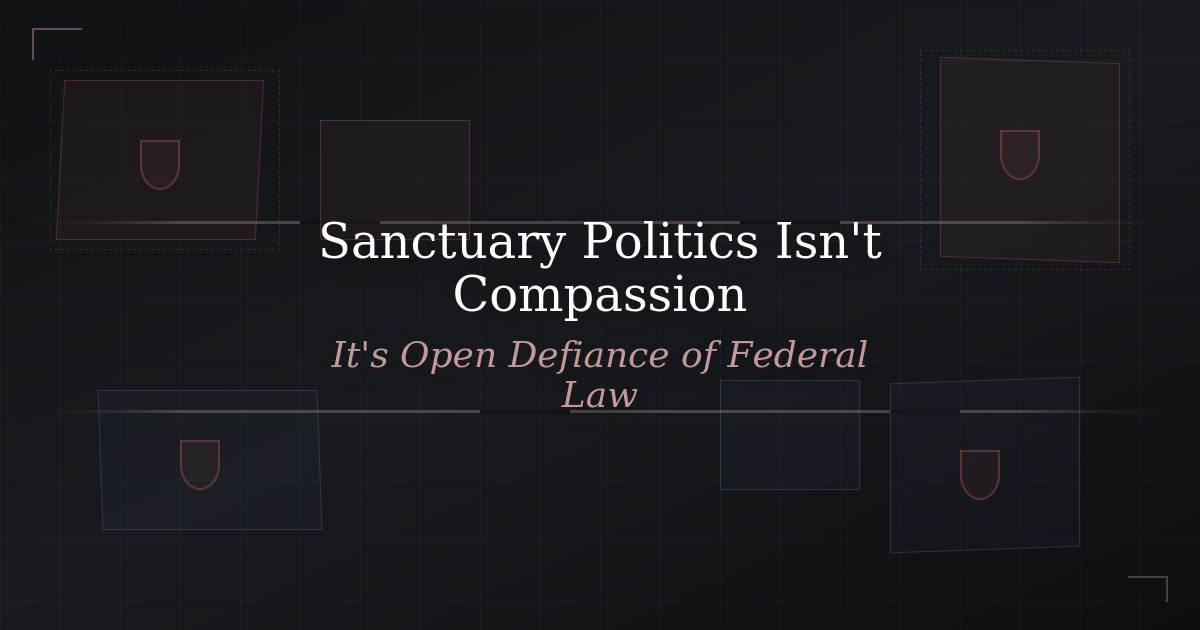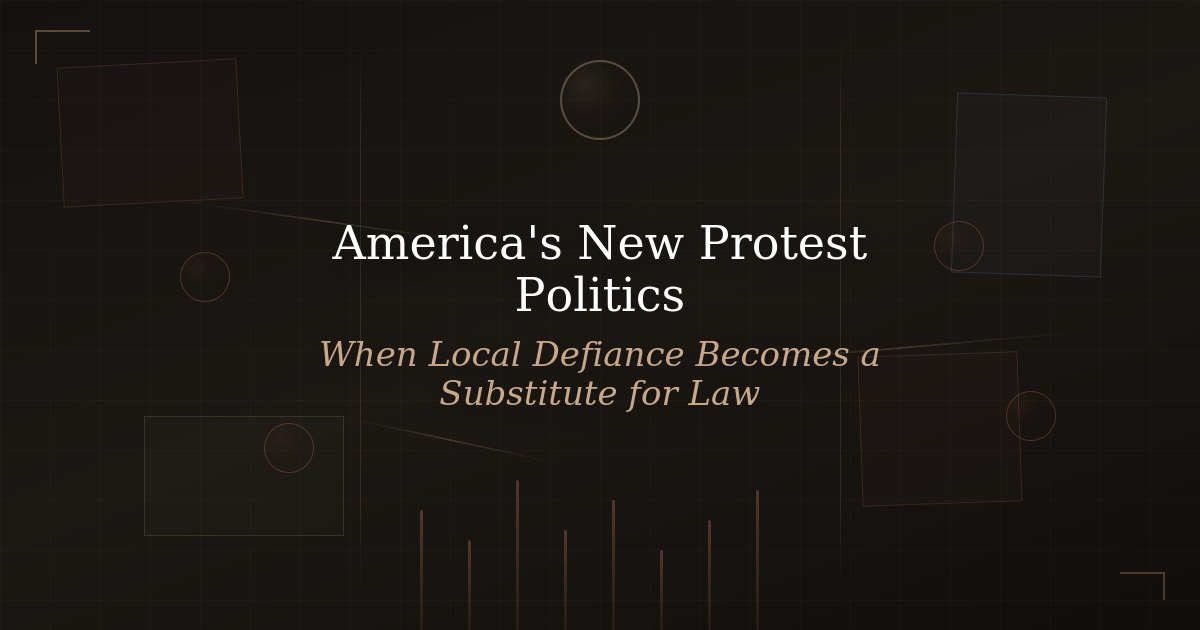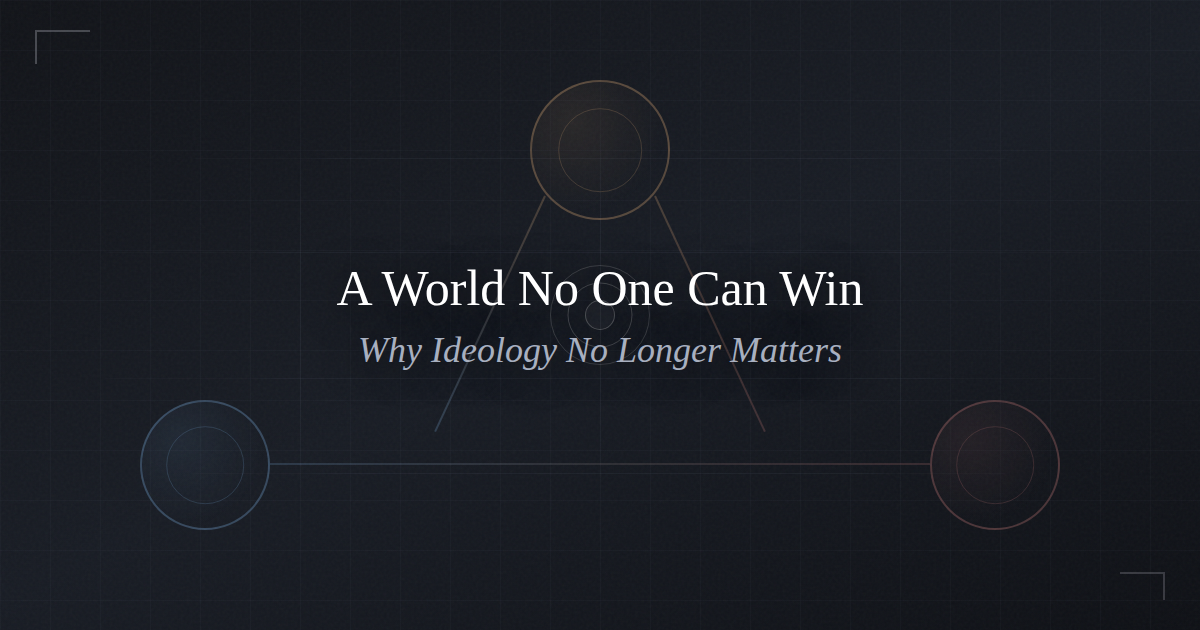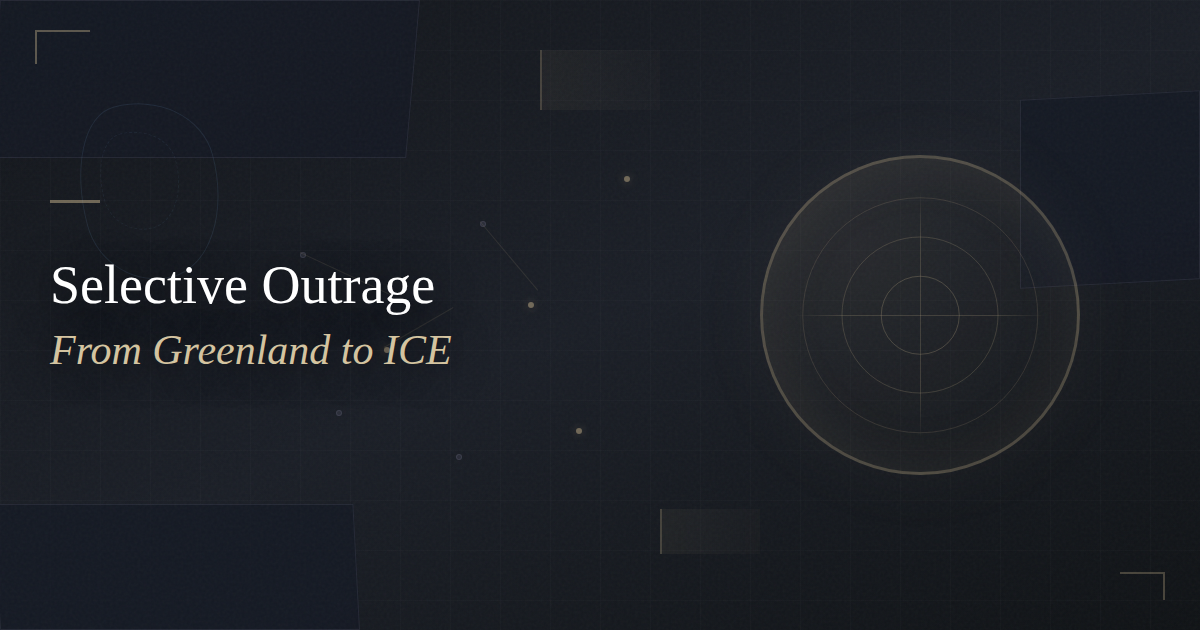Geopolitical Focus – May, 2024
Geopolitical Focus – May, 2024: The War for "Democracy" Isn't actually about Democracy..
Do we think the Biden Administration understands the European map, or do they simply believe that Russia is the only obstacle to Europe from the Atlantic to the Bering Sea? This perspective leaves out the Middle East, India, Pakistan, and China on the other side, while neglecting Africa and South America, as if they pose no threat to US hegemony. But are we so sure that is the case?
While Biden's top diplomat courts China's leaders to join their side, Mr. Xi also travels to Hungary and other open-minded, yet authoritarian European states to hear their voices. China has its tentacles globally, and we will see if Germany, France, or other countries can divest from China and survive. Here are two sides of the picture:
China’s economic ties with Europe are increasingly being perceived under the guise of economic security and reduced dependencies. For now, concrete steps pale in comparison to Japan’s new security law which is gradually being implemented or the new export controls announced by the United States in October. Vigilant of one-sided dependencies, the United States’ Inflation Reduction Act—among many other objectives—effectively aims to oust Chinese companies from American battery supply chains. The increasingly difficult business environment for Chinese firms in some countries bolsters the relative attractiveness of Chinese investments in Europe. The first visits to Beijing since the outbreak of the pandemic by French president Macron and German chancellor Scholz recently–the latter with a business delegation in tow–seem to indicate that some European leaders place high emphasis on continued good economic relationships with China. Still, the stumbling blocks for Chinese investments in Europe are growing larger, not only with regard to economic security but also in terms of the increasing political differences.
On the other side -- "The US view": That New York Times reporter seems like a relic of Stalin's times - Perhaps a lesson from the Vietnam War would be helpful. Note that all European leaders who refuse to regurgitate the Biden Doctrine, are often labeled as dictators?
So, when Mr. Xi returned to the region this week,
after a visit to France, he headed for Serbia, arriving there late Tuesday before moving on later in the week to Hungary — two countries whose long-serving authoritarian leaders still offer a haven for China in increasingly turbulent political and economic waters.
“The Czechs, the Poles and nearly everyone else are really pissed at China because of the war,” said Tamas Matura, a foreign relations scholar at Corvinus University of Budapest. “But in Hungary that is not a problem, at least not for the government” of Prime Minister Viktor Orban, Mr. Matura said.
Here is a link to the reporter, based in Warsaw, discussing one of the
key dictator issues that the previous Polish president installed. Donald Tusk succumbed to the "laws" of the EU. Note that this article is from The Guardian. If time permits, scroll all the way down.
Back to Vietnam
The American journalist Mark Bowden writes in his major Vietnam book about the Turning Point Battle of Hue in 1968: "The painful experience should have taught Americans – it did not – to be guided in foreign policy not by ideologies, but by an effort to understand."
Is the same thing happening to the Americans and their allies today? The Ukraine war also follows more complex patterns than is prepared to be perceived in the command centers of the West. "Trust only those," concludes author Bowden, who approach the world "modestly" and with "cautious insight".
So what can be learned from this? Perhaps that democracy can only be defined by the CIA?
Ukraine: Suffering for Biden and the Military Complex – The Democracy Lie?
Strange chessboard? Later,
Mackinder would call this region "Heartland", and under this name his theory is still alive today. Mackinder had warned the Empire that it must be in the interest of Britain's undisputed naval power to prevent the land powers of Europe and Asia from closing ranks. Specifically, these were Germany and Russia at the time. Today, the United States is the world's undisputed maritime power, and it sees things in the same way as its British cousins once did.
For two years now, Mackinder's theory has been more relevant than ever – in the war in Ukraine. Ostensibly, it is about an invasion by Russia of its neighboring state, in fact it is a proxy war between America and Russia, but at its core is the age-old goal of the United States to prevent the unification of Eurasia. Ukraine is only, as the American geo-strategist George Friedman put it, Washington's "weapon of choice".
He also formulated unequivocally like no other what is actually at stake: "The primal fear of the United States is that German capital and German technology will ally themselves with Russian raw materials and Russian workers. This is the only combination that has terrified the US for centuries because this cooperation would lead to the loss of power and control over Europe. A Germany/Europe-Russia axis cannot be allowed!"
Source content in German -
https://weltwoche.de/story/kampf-ums-herzland/
The Ukraine Peace Summit
As Switzerland has given up
neutrality in the Russia/Ukraine War by abiding by US sanctions, it will now host a
peace summit. A better title would be: "The Dissection of Russia – A Strategic Approach for a Unified West to Dismantle Russia." No participation from Russia, so how is it a peace summit?
Read the Zelensky version here.
Remember the Versailles treaties after WWI – history is not held in high regard in American schools.
The result of these competing and sometimes conflicting goals among the victors was a compromise that left no one satisfied. In particular, Germany was neither pacified nor conciliated, nor was it permanently weakened. The United States never ratified the Versailles treaty and made a separate peace treaty with Germany, albeit based on the Versailles treaty. The problems that arose from the treaty would lead to the Locarno Treaties, which improved relations between Germany and the other European powers. The reparation system was reorganized and payments reduced in the Dawes Plan and the Young Plan. Bitter resentment of the treaty powered the rise of the Nazi Party, and eventually the outbreak of a second World War.
Imagine a conference discussing whether the US needs missile capability in Finland, Sweden, and Ukraine. Note, what if the Bay of Pigs deal had included no Russian missiles in Cuba and no expansion of US missiles in Turkey or east of it?
In 1961, the result was the red telephone hotline, later frozen by GWB, and the pathetic reset button by Hillary.
NATO in 1961?
In 1961, the US government put Jupiter nuclear missiles in Italy and Turkey. It had also trained a paramilitary force of Cuban exiles, which the CIA led in an attempt to invade Cuba and overthrow its government. Starting in November of that year, the US government engaged in a violent campaign of terrorism and sabotage in Cuba, referred to as the Cuban Project, which continued throughout the first half of the 1960s. The Soviet administration was concerned about a Cuban drift towards China, with which the Soviets had an increasingly fractious relationship. In response to these factors, the Soviet and Cuban governments agreed to place nuclear missiles on Cuba to deter a future invasion. An agreement was reached during a meeting between Khrushchev and Castro in July 1962, and construction started later that summer.
The Cuban Missile Crisis was resolved
through a series of secret meetings between Robert F. Kennedy and Soviet Ambassador to the U.S. Anatoly Dobrynin. Kennedy offered Dobrynin a diplomatic deal: a pledge not to invade Cuba coupled with a parallel commitment to withdraw U.S. nuclear-tipped missiles in Turkey.
So the US sent the Aid package to Ukraine, but our country is too caught up with the the Trump trial to notice. So Zelinsky is left with its dying Army, but at least we sent ammunition?
Another Pontius Pilate moment from Biden?
What if a direct democracy with an Initiative selects to be a Kalifate State with Sharia Law? It is an interesting Question, circulating among
some Swiss politicians, as Immigration in Europe questions the Integration of Kalifate believers, especially among the demonstrators for a Palestinian State. It may be just hypothetical, but think of the consequences should President Biden allow
Palestinians to relocate to the US, for a two State solution in MI and MN? Well, there are a total of 5 million, that’s about a 6 month of the Southern Border crossings. Northern Michigan would be as good as a place as the GAZA Strip? Rashida could be their President. Since the British orchestrated the Jewish State, why not offer the Olive Branch to the other side, Biden may just need the votes in MI? Election Interference as Humanitarian Aid. You can read here about
a bit of their suffering and
info on the State.
You almost need to be a prophet or better a card reader to follow Biden Israel / GAZA policies. Like the Ukraine, we stand with you until I decide otherwise, and when I decide otherwise you will eventually figure it out.
How on the Planet would any Nation build negotiations around political maneuvers like this, and then throwing in a 2 State solution, Hamas Palestine, and Israel? To eliminate the problem at the source, needs a revisit to the source in 1948 and all the political maneuvers over the last 1000 years. For what, imperialism and dominance? Or just plain hatred? Here is another source.
Conclusion
Anti-Semitism was not a creation of Hitler. It has been part of European society for over 2000 years. The Jewish religion and the attempt to maintain it, when the Jews were expelled from their homeland by the Romans, was the key factor in their survival as a group; but by being a recognizable group who had power they seemed to threaten many of their adopted societies.
And then, it may be that reconciliation is not possible. Think about Germany and Russia: there was more openness to cooperate in the last 70 years than to fuel a war. But remember Mackinder? Some people think it was the Romans who created the mess in the first place, or even earlier, according to biblical scholars. So perhaps removing Hamas will bring some reasoning, but memories go back 2000 years, and so do
opinions. What has changed? Warfare has; politics has not. History in politics is a 4-year cycle, with the Jewish population, besides Israel, well
represented all over the world.
For centuries, Palestine was an Ottoman province with no clear boundaries.
Muslims were the majority, living alongside small Christian and Jewish communities. The Jews were almost entirely Sephardic and native to the region, with few nationalist aspirations.
The relationships among Muslims, Christians and Jews began to shift in the beginning of the 20th century as a group of young socialist revolutionaries — including founders of the future state of Israel, like David Ben-Gurion — immigrated in waves from Russia and Eastern Europe. Fleeing ghettos, impoverishment, and the violence of pogroms, they believed that the only answer to the global affliction of antisemitism was Zionism.
So, rooting out Hamas on a global scale seems reasonable, but it may lead to more antisemitism, which could create the next generation of Hamas. This looks like a potential circular war. Or will the British call for another round of their supposed genius?

